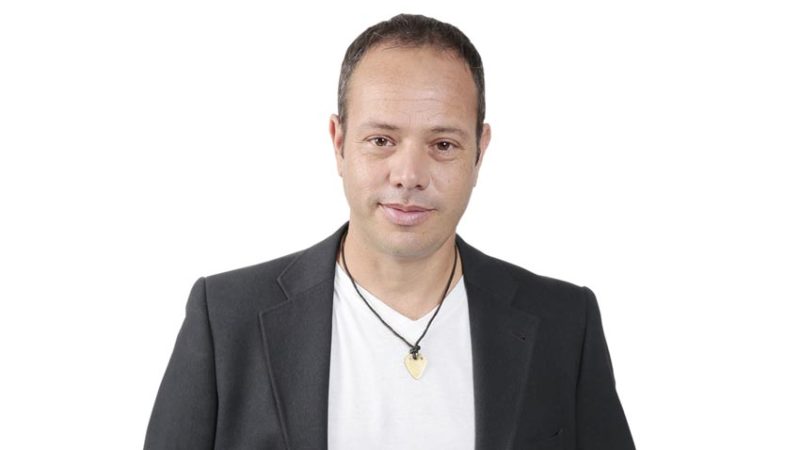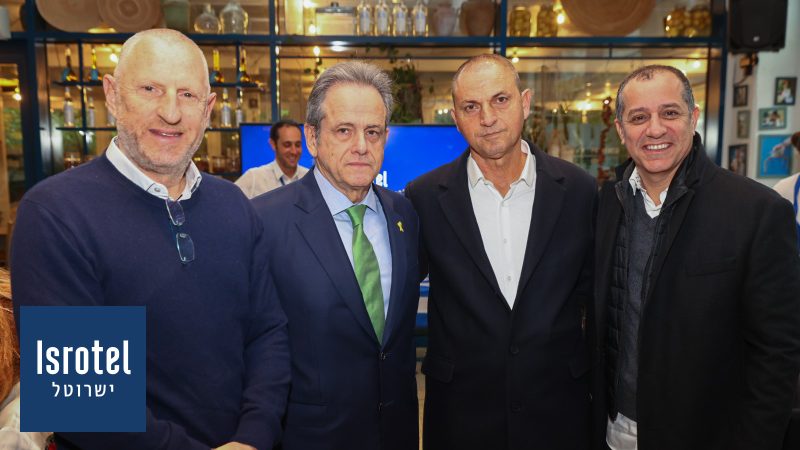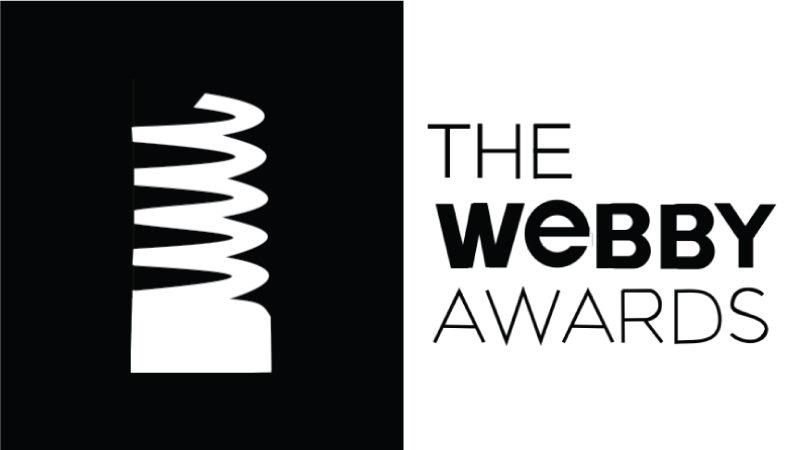
Who is the Owner? Five Observations on Facebook, HaTZinor and Big Brother
November 7, 2018
The CEO of the media agency Debby & Ron gives his insights, conclusions and strategic planning for the future, against a backdrop of a public controversy about ownership rights over the Facebook pages of the television programs HaZinor and Big Brother.
The highly publicized battle between Facebook and Israeli media producers Keshet, Reshet and Channel 10, about who has ownership rights to the Facebook pages of HaZinor and Big Brother revealed prompted some provocative insights about the mounting power of digital content and its sensitive relationship with the brands it represents.
Five Interesting Observations Worth Reading:
- It’s all about the money. Money makes the world go round, which is why my observations begin here. While some people are still trying to get their head around the concept, this recent Facebook saga attests to the fact that digital content can be defined as a real asset which has quantifiable economic value. A digital content company representing a brand should be prepared for clients’ frequent requests to understand the return on investment (ROI) they can expect from placing their content in various digital assets. Gradually, while we slowly digest the fact that this content can hold significant value, companies are coming to understand that the ROI from a digital asset can be measured not only in sales, but also by its sale or transfer value and by its exposure or engagement value. This insight enables brands to assess the power of their asset more accurately and cultivate a mutually empowering relationship with their digital content strategic partner.
2. The chicken and the (golden) egg. The saga of HaZinor and Big Brother that made news headlines also raised an interesting question with moral implications. What are the consequences of a change in ownership of a Facebook page where ownership is split between the owner of the asset, such as the investor or business founder, and the brand appearing on the page? Where does the page follower, the consumer, fit in? The split undoubtedly has an impact on consumers, but are followers there for the brand content or for the page owner? In other words, which came first, the chicken or the (golden) egg?
3. The short end of the stick. Facebook’s terms of use dictate that a page name must reflect its content. But if a page contains unequivocal content, as in the case of HaZinor or Big Brother, does that page have the right to produce non-related content? The answer is no. Page followers, more than one million for HaZinor and about half a million for Big Brother, follow pages for their content. Consequently, any change in the character of the content, as in the case of Keshet and Big Brother, would be a breach of the contract that had clearly stipulated Big Brother as the content. This conclusion was further reinforced by Facebook’s official response to the whole story, stating that: “The bottom line is that our users have the right to decide which pages to follow.”
4. The price tag. Maybe there was a way to avoid all the fuss. Transferring ownership of brand content between media companies would be a non-issue if both parties would acknowledge that Facebook pages, especially those with hundreds of thousands of followers, are discernible economic assets with a quantifiable, predetermined value, as I explained in my first observation. As a result, in the case of a conflict between a brand and the page owner, the brand must purchase the page from the page owner.
5. Keeping it all in the family. My final observation involves the concept of a house of brands or super brands. The Facebook page saga provided a glimpse of how giant companies, such as Unilever, Strauss and the Central Bottling Company, view the numerous brands under their super brand umbrella. Do they define each brand as an independent entity? Does each brand speak a unique language? Does each brand maintain an exclusive relationship with its target audience? Is each brand responsible for its own identity and integrity or are they defined by their group association with a super brand? Can they actually function in practice as a house of brands family unit?
While the court is left to determine its ruling on the matter, the super brands Keshet, Reshet, and Channel 10 need to start thinking, as well as acting, like super brands. This means using new strategies to produce independent digital content that reflects the brand’s values, while still presenting material that is interesting, relevant and worthwhile in its own right. So rather than undermining a super brand’s stability, a loss of a valuable digital asset can serve as a platform to demonstrate the merits inherent in the super brand itself.
Click here to read the article published in ICE







